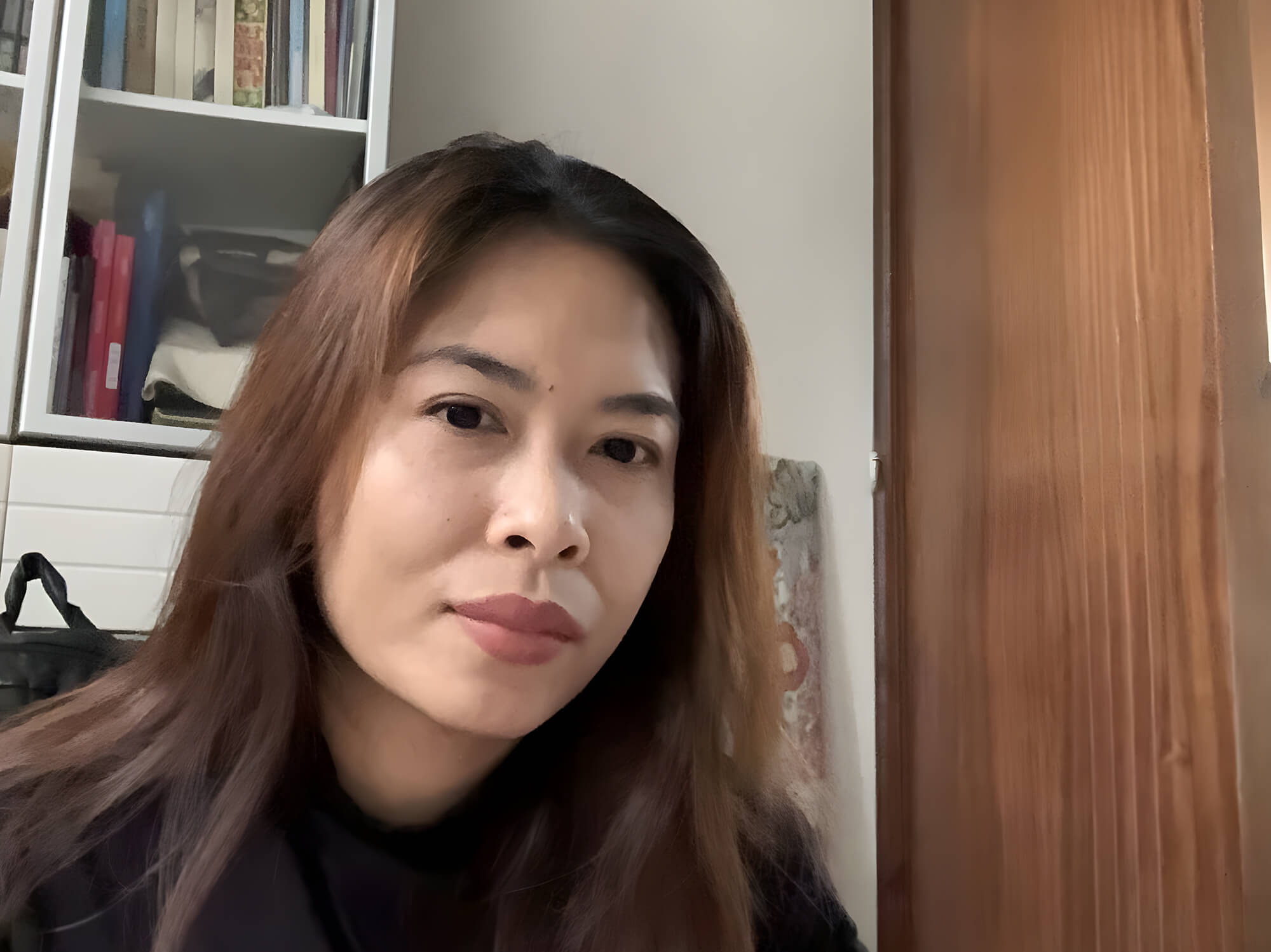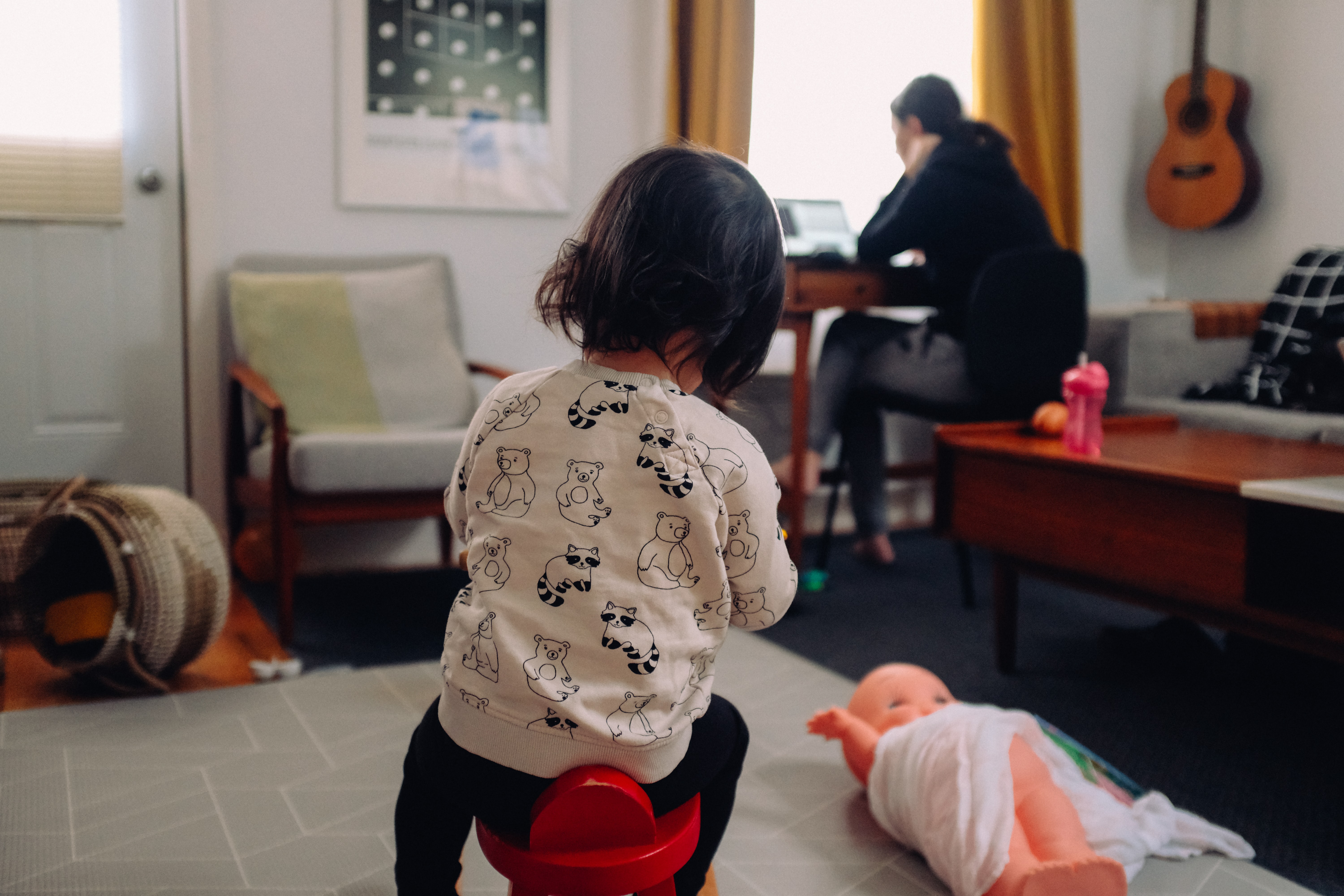

Tadioto is owned by Nguyen Qui Duc, a well-published Vietnamese-American writer who decided to return to Viet Nam after years of living in the US. Duc opened Tadioto in 2007, and after several iterations, it has become the favourite haunt of artists, writers, and literati in Viet Nam. They come to mingle, toss ideas, and soak up the bar’s creative vibe while partaking of good food, drinks, and music. Over the years, Tadioto has also become a place to showcase the work of established and budding musicians, performers, visual artists, and poets— local and foreign alike.
Tadioto is one of the many businesses in Hanoi that has been upended by COVID-19 control measures. Duc had to adjust his operations to stay afloat and retain his staff. Through these challenging times, he kept Tadioto open as a space not only for artistic expression, but also as an outlet for patrons to ponder and process the impact of the pandemic and other social malaise.
“Tadioto was started as an alternative art space that had a gallery in its first incarnation— we had five floors so ran lots of programs from screenings of f ilms to workshops for artists, to exhibitions and concerts with local and visiting artists. The bar was popular too. We evolved into other spaces as we lost lease after lease, but all in all we’ve had many venues where we’ve been able to promote experimental music, poetry from Sri Lanka to Spain, to jazz and punk rock concerts. We were lucky people found us, like architects from Hong Kong and Switzerland who worked with us in recycling things, or building simple structures with local materials that encourage architects and designers to think of waste and environmental damages.
“We currently have a restaurant and no space for exhibits but we have been able to attract diverse musicians, writers and poets, and designers who use our stage to promote jazz, blues, international music, or ideas that appeal to a younger generation. We are also screening films: like our music programs—we focus on talents in Asia, or in the Southern hemisphere.
“We closed down for over a month after the first wave of COVID-19 and suffered f inancially because of it. Our sister venue in Hoi An, Central Viet Nam, which was also hosting a gallery and music venue, has been closed since March. We’re lucky to have been able to reopen and to retain all the staff. I had to borrow some money personally to keep the cash f low going, but the silver lining was in the fact that we now have weekly music programs, talks and screening that bring people in.
“We are now operating on slightly shorter hours every day. I personally take on other projects to ensure a certain f inancial stability. We have less clients than ever before and don’t foresee a vast improvement for a year or so. We can’t rely on foreign tourists and the local expats seem less willing to spend. We’re fortunate to keep the staff employed without reducing their salaries.
“We’re pleased that we have a loyal clientele that comes for our music events and lectures; it’s a small crowd but they are serious. We’re happy we’re not simply having background music as people come to drink and eat. Artists are happy with us. Although it’s a small stage, it’s focused, and people pay attention to the music. We translate lyrics and poems; we print program notes and give background stories. It’s a lot of work but we think it means a lot to people. We do have some diplomats and foreign journalists who enjoy our venue.
“Because of the COVID-19 situation, we’ve become more focused on events: cultural, political, musical and artistic. We’re helping to curate music shows, and planning sitespecific dances and theatre. We’ve had discussion groups on the political situation in the US and Europe. Our music programs often turn into a chance to talk about racism, anti-immigration policies, history, etc., and we’re thankful to be able to do this.
“Vietnamese and other artists seemed too depressed for many months after the f irst wave of COVID-19 and confinement. But in recent months, it seems there’s a lot of exhibitions, art events, and public gatherings (public art projects, concerts, architectural projects) now that we are safer. For the long term, I think we all will suffer f inancially, but the resilience of the artists and local people have been astounding.
“Many factors contribute to the ‘success’ of Viet Nam. The Vietnamese have been known for their ability to act as a united community when confronted by a common threat. A relaxed attitude in normal time can quickly turn into communal civic actions. There is also an acceptance of authorities from Confucian traditions, and from nearly a century under Communism.
“Early on, those who came from abroad and were thought to have been the conduit for the spread of the virus were vilified in the news, on social media, and by extension others became much more careful. I am astonished to see how people accept quarantine, recognising the danger and playing a willing part in submitting themselves to measures deemed necessary for the common good.
“With Confucianism there is a strong tradition for harmony, for community, and also a strong sense of shame that prevents individual thoughts and actions. I’d feel ashamed going to the supermarket without a mask when everyone around me is wearing one. The Vietnamese don’t insist on a sense of entitlement. People are close to their families, and elders still maintain lots of control or influence.
“The tourist industry, communication channels, health care facilities, schools, etc., remain largely controlled by the state; the government can easily direct airlines, hospitals and state-owned enterprises to accept strict measures to control the spread of the virus.
“I feel lucky living in a country quite safe from the COVID-19 threat. To compare our situation here to the loss of life, the inability and unwillingness to take care of people, etc., in many countries in the West is to come to a baffling—shocking—moment, and I grieve for nations whose leaders are incompetent, careless, or callous.
“As a business owner, I feel bad for those who have invested a lot more and suffer worse losses. I feel fortunate I am still functioning and have no debts. I know plenty in the tourist, hospitality, or food and beverage industries, who have gone bust.
“On the other hand, I also feel that this crisis has led us all to rethink our adoption of unchecked capitalism, of development without long-term plans, and the desire for quick monetary gains. My friends, colleagues, etc., are all thinking of slowing down. The big conglomerates and super rich aren’t, but the average person seems to be rethinking their lifestyles, their business choices, etc.
“I hope the arts and artists will rise out of this crisis with renewed and more thoughtful energy. I hope there’s more faith in the arts as a means of expression and its importance for a society under threat.
“Of course, the arts—from music to theater to visual activities—become crucial in alleviating our psychological wounds in these difficult times. All of it becomes a galvanising force, allowing us to come together in a time that can be isolating.”
Interviewed by Joanne Agbisit. The conversation has been edited and condensed for clarity. The views and opinions expressed in the text belong solely to the interviewee and do not reflect the official policy or position of ASEAN.







